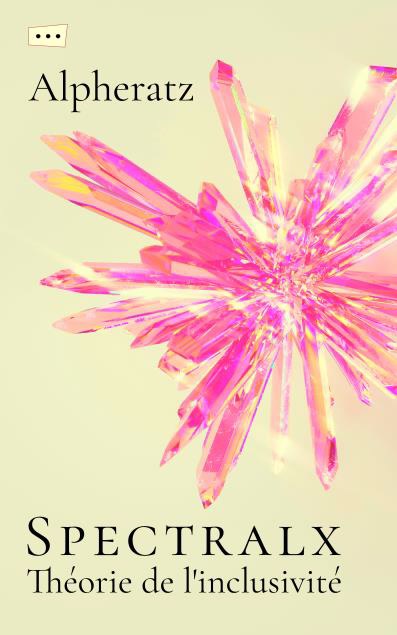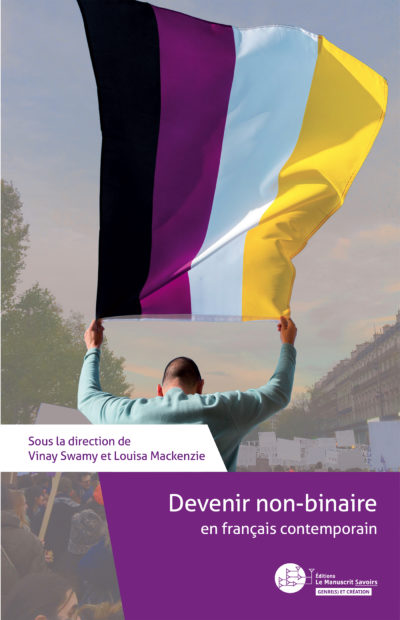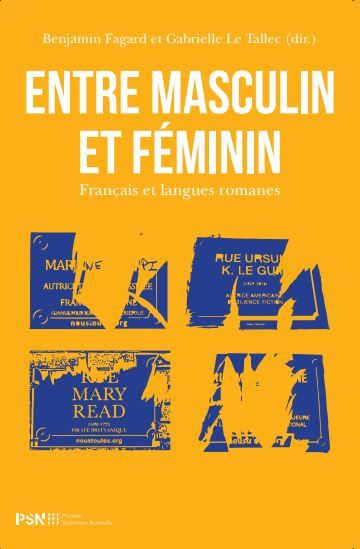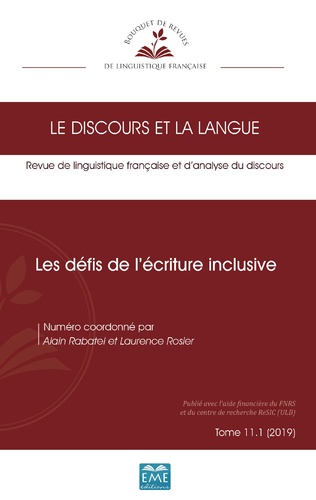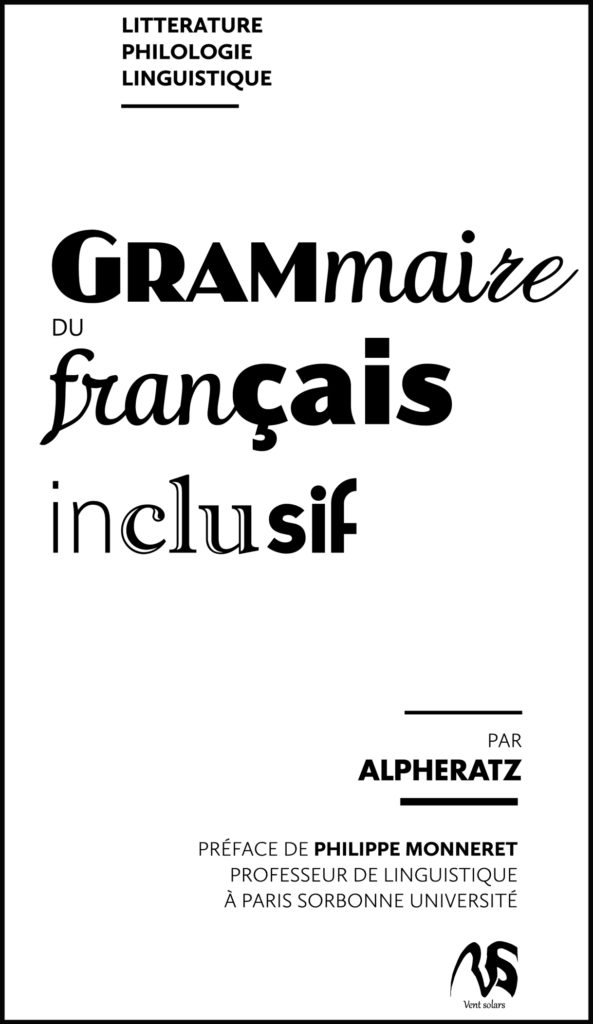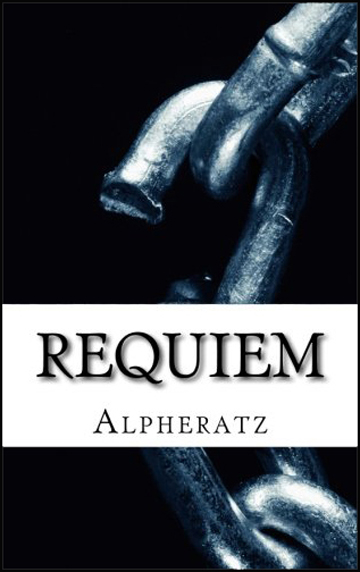
In our hands, not books, but mobile phones, highlighted spaces of mental manipulation, where the bonds of family, friendship and loyalty fade away in favor of our thirst for approval and recognition. Through the addictive behaviors that these tools develop, we move further away each day from the concentration necessary for understanding a complex reality. Difficult or singular thoughts are abandoned in favor of thoughts already known, already read, which do not teach anything new but stimulate our emotional life and offer us immediate gratifications. The articles struggle, cutting large sections of knowledge to make them more attractive and more accessible for the targets that our brains have become.
Publications
Essay
Spectralx
Théorie de l’inclusivité (Theory of Inclusivity)
« Inclusive school, inclusive economy, inclusive wine… », inclusivity is everywhere, but who knows what it really means? Faced with their mother’s Alzheimer’s disease, questioning their non-binarity and their life as an apprentice researcher in linguistics, Alpheratz proposes a theory. Inclusivity is perhaps this specific effort that humanity is undertaking in the 21st century to finally see and hear the most vulnerable categories of the living kingdom. With the discovery of other points of view, we can hope to build a « world after » that is not based on recovery. This essay explores new notions useful for social dialogue: spectral gender (non-binary), ethics of speech (linguistic policy that favors the conditions of a respectful exchange), « transwork » (or work on oneself prior to inclusivity, to identify one’s own mechanisms of domination). It is written in the neutral.
Science Publications
Devenir non-binaire en français contemporain (Becoming Non-Binary in Contemporary French)
Interview with Vinay Swamy (Vassar College, New York, USA) and Louisa Mackenzie (University of Washington, Seattle, USA) (eds.), in Devenir non-binaire en français contemporain (Becoming Non-Binary in Contemporary French), Paris, Editions Le Manuscrit, coll. Genre(s) et création (Gender(s) and Creation), 2022, pp. 221-240.
Devenir-non-binaire (Becoming Non-Binary)
In recent years, the visibility of non-binary people who publicly claim their identities beyond the gender binary in English and French has greatly increased. While the singular “they” has gained favor among many in Anglophone spaces, non-binary Francophone people have faced additional challenges regarding language and syntax, given the binary nature of French grammar itself. This collective volume examines recent attempts to make equitable, inclusive, and expansive language and identities available to all within Francophone linguistic, cultural, and educational spaces. As such, Devenir non-binaire en français contemporain (Becoming Non-Binary in Contemporary French) challenges the received notion of gender non-conformity as a simple import from across the Atlantic of an identity model based in the United States.
Entre masculin et féminin. Français et langues romanes
(Between Masculine and Feminine: French and Romance Languages)
Article « Le genre neutre en français, expression d’enjeux du XXIe siècle » (« Neutral gender in French, an Expression of 21st Century Challenges »), in Benjamin Fagard and Gabrielle Llorec-Tallet (eds.), Entre masculin et féminin. Français et langues romanes (Between Masculine and Feminine: French and Romance Languages), Paris, Presses de la Sorbonne Nouvelle, 2021, pp. 221-246.
Entre masculin et féminin (Between Masculine and Feminine)
Thanks to the cross-disciplinary approaches of psycholinguists and terminologists from several countries (France, Belgium, Switzerland, Italy, the Netherlands, and Canada), this book provides a scientific and objective perspective on these subjects. After decades of research by a growing scientific community, the book takes stock of the current situation of the French language in France, Quebec, Switzerland, and Belgium, as well as in other languages in Europe and elsewhere. It presents the most modern and experimental forms of inclusive writing, but also explores the difficulties and the history of these issues. Finally, it sets out the progress made and the limits in the visibility of women in language.
Les défis de l’écriture inclusive
(The Challenges of Inclusive Writing)
Article « Français inclusif : du discours à la langue ? » (« Inclusive French: From Discourse to Language? »), in Alain Rabatel and Laure Rosier (eds.), Le Discours et la langue, « Les Défis de l’écriture inclusive » (Discourse and Language, « The Challenges of Inclusive Writing »), 2019, t. 11.1, Louvain-la-Neuve, EME Editions, pp. 53-74.
Les défis de l’écriture inclusive
This issue arose from a desire to take stock of a linguistic event in the sense understood by Jacques Guilhaumou (1996): it is indeed essential to situate the problem of inclusive writing in a perspective of the history of linguistics in order to understand the profound issues and to measure its epistemological, theoretical, didactic, and practical scope.
Contributors to this issue: Laurence Rosier, Alain Rabatel, Jean-Marie Klinkenberg, Bernard Cerquiglini, Alpheratz, Dan van Raemdonck, Patrick Charaudeau, Daniel Elmiger, Eva Schaeffer-Lacroix, Verena Tunger, Laure Gardelle
Grammaire du français inclusif
(Inclusive French Grammar)
Preface by Philippe Monneret, linguist and professeur at Paris Sorbonne University.
Grammaire du français inclusif (Inclusive French Grammar), Châteauroux, Éditions Vent Solars, 2018
The 21st century and its (r)evolutions arise in linguistics through the popular invention of « inclusive » usages. These usages compete with those dictated by the well-known principle that « the masculine prevails over the feminine ».
This grammar defines what inclusive French is, explains the reasons for its emergence and presents all of its characteristics. Examples from a broad spectrum of society demonstrate the importance of this phenomenon. This much-needed research offers the French-speaking community a grammar so it can be adopted or not.
Also includes: a gender-neutral lexicon, insights into inclusive English and Swedish, and the results of a questionnaire on these usages in 2017.
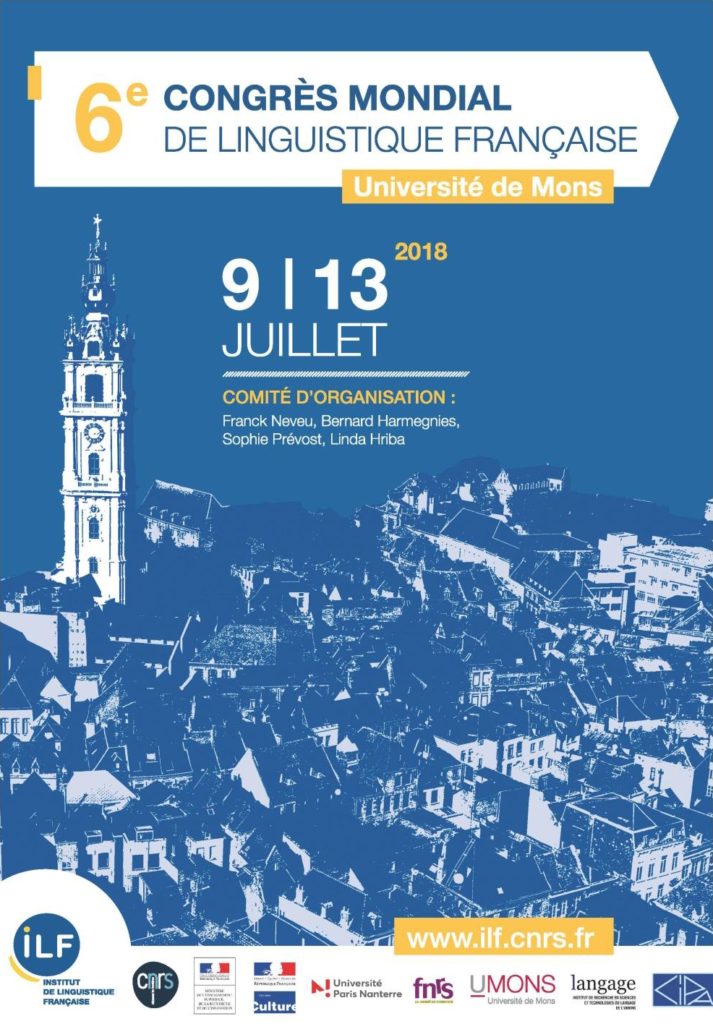
Français inclusif :
conceptualisation et analyse linguistique
(Inclusive French:
Conceptualization and Linguistic Analysis)
Article « Français inclusif : conceptualisation et analyse linguistique », (« Inclusive French: Conceptualization and Linguistic Analysis ») Actes du CMLF 2018 – 6e Congrès Mondial de Linguistique Française. Eds. Franck Neveu, Bernard Harmegnies, Linda Hriba and Sophie Prévost, Mons, Belgique, July 9-13, 2018. SHS Web of Conferences 46,
Français inclusif : conceptualisation et analyse linguistique
This article summarizes the concept of « inclusive French » as a set of gender variations on standard French and as a variation used by several social groups having a gender consciousness and/or politic in common. Specific to the 21st century, this phenomenon produces characteristics that linguistic research can study. Its description and conceptualization required us to define the philosophical framework and the epistemic community that presided over its emergence but also to develop the metalinguistic tools and terms used for its analysis. Thus, « diaethic variation, epicenization, inclusive writing » or « double partial inflection » and « gender hyperonymization » are processes, but also new linguistic resources allowing us to study these new usages. Some statements may fall under a grammatical category that has disappeared in French: the neutral gender. We will see what the prospects are for its reactivation and how this grammatical category may perhaps meet a need that standard French fails to satisfy. Finally, we will present an introduction to the linguistic experiment of the neutral gender that we are conducting and instances of validation and refutation of the hypothesis of its existence and its usefulness.
Novel
Requiem
Requiem is the first French novel written in the neutral gender. It overturns the codes of grammar and literature to take on one of the greatest challenges facing humanity: building a more just language and world. Éditions Createspace (Charleston, USA), 2015
A child grows up and rebels against centuries-old patriarchy. She meets idealists at work from the fringes of society to the highest levels of the State. But the appetite for power, wild capitalism, and the reshaping of extremes are already shaping the 21st century.
Through seemingly unrelated destinies, the genesis of our era presents essential questions that we brush aside with a wave of the hand due to lack of awareness, time, or courage: is equality possible? And how can we build it when language itself works to prevent it?
Op-Eds and Reviews
– « Enterre-moi mon amour : un voyage en nouvelles écritures » (« Bury Me My Love: A Journey in New Writings« ) mentioned by Theatre-contemporain.net, March 10, 2020
– « Une Révision constitutionnelle : à quand l’égalité réelle entre les sexes ? », (« A Constitutional Revision: When Will There Be Real Equality Between the Sexes? »), with Benjamin Moron-Puech, Research Professor in Law at the University of Panthéon-Assas, Libération, July 17, 2018
– « Deux ans après la loi sur la prostitution, les femmes restent des sous-hommes et la langue française en est le reflet », (« Two Years After the Law on Prostitution, Women Remain Sub-Human and the French Language Reflects This »), Huffington Post, April 13, 2018
– « Pour que le masculin ne l’emporte plus sur le féminin, une révolution linguistique est en marche » (« So That the Masculine No Longer Prevails Over the Feminine, a Linguistic Revolution is Underway »), Huffington Post, October 5, 2016
